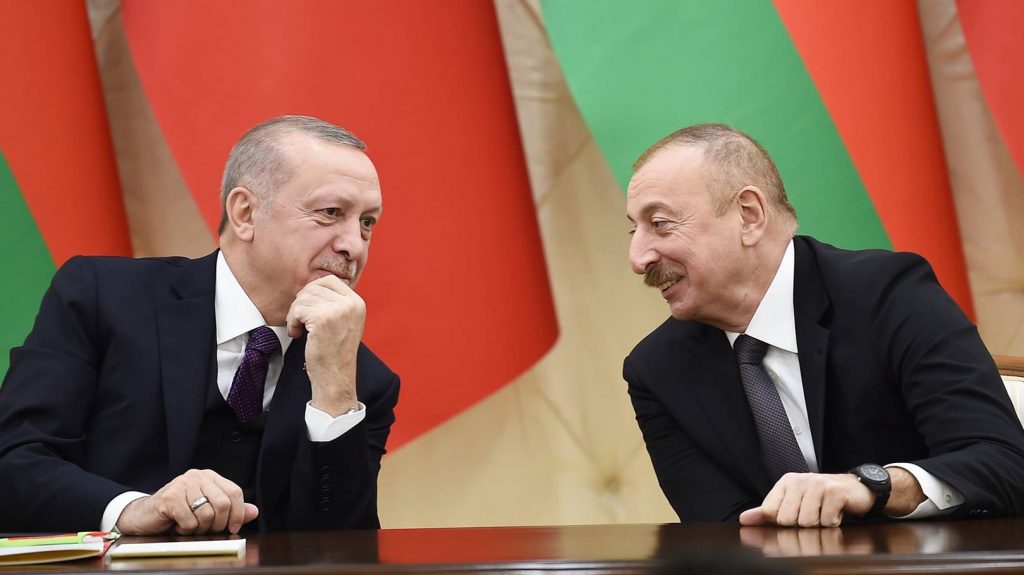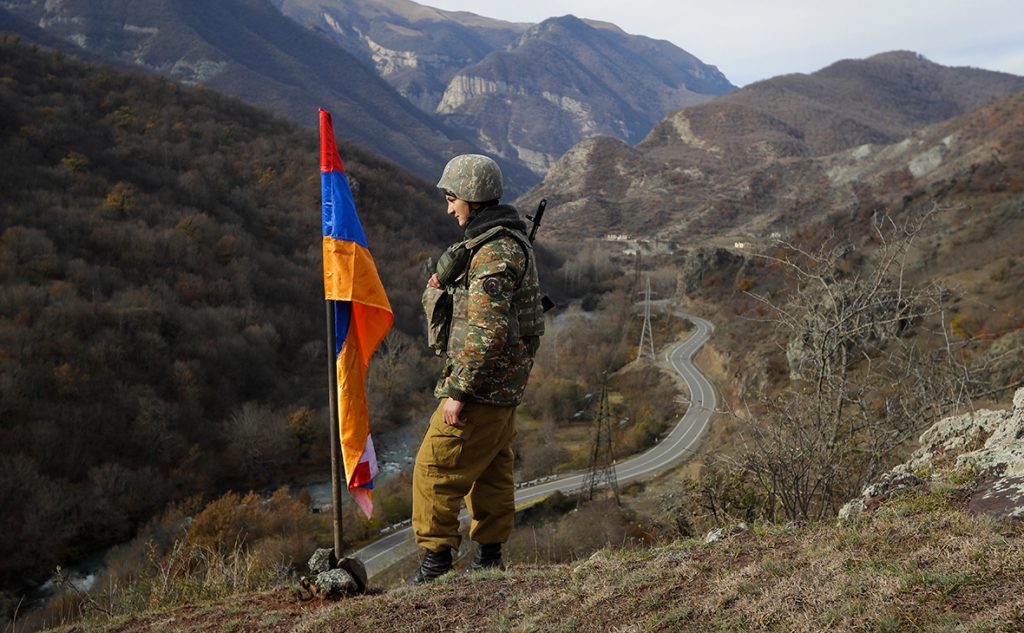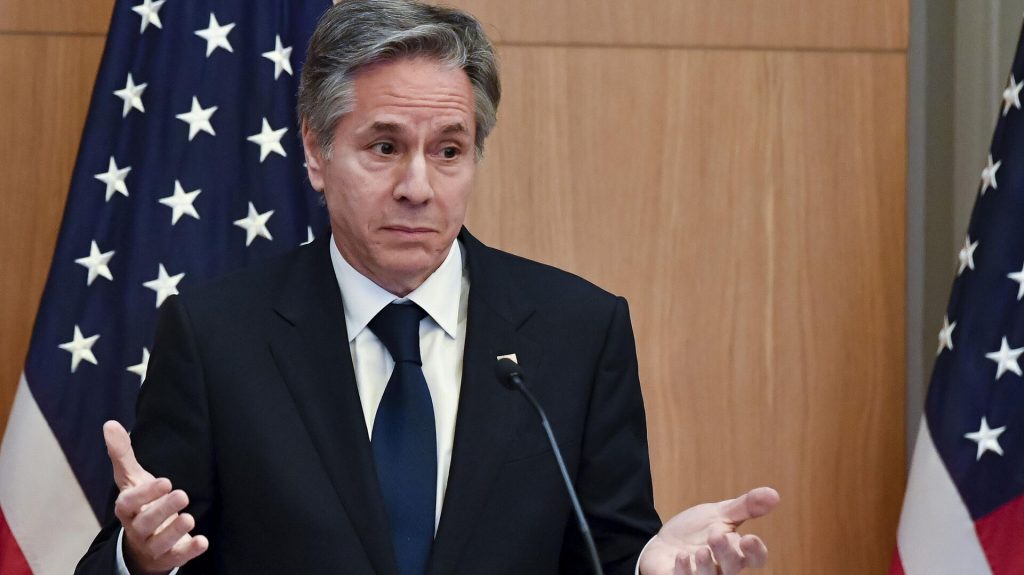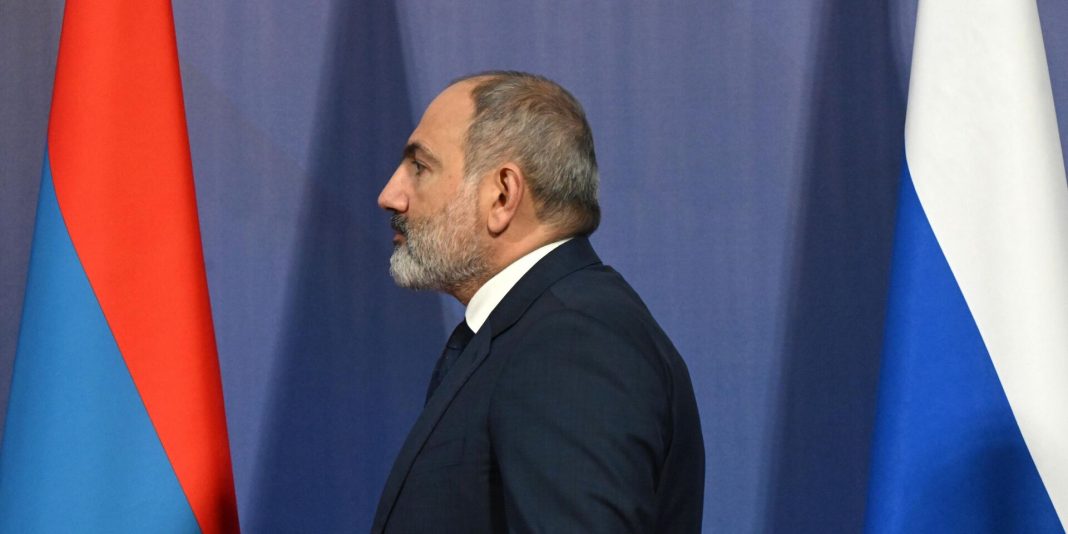The escalation of relations between Baku and Yerevan, which Ascolta wrote about in detail in its recent article, received a new round of development. On September 19, Azerbaijan announced the start of “anti-terrorist measures of a local nature” in Karabakh to “restore the constitutional order.” The main goals of such “events” were named: ensuring the provisions of the tripartite statement, suppressing large-scale provocations in Karabakh, disarmament and withdrawal of the armed forces of Armenia, neutralising the Armenian military infrastructure, ensuring the safety of the population returning to the “liberated territories.”
Just a few minutes after the official announcement by the Azerbaijani Ministry of Defense, residents of Nagorno-Karabakh heard the first shell explosions and the drone of a UAV in the sky. Many videos have appeared online demonstrating that Baku’s intentions are not empty words.
This Content Is Only For Subscribers
Parties’ positions
An hour after the start of hostilities on the territory of Nagorno-Karabakh, the Azerbaijani Foreign Ministry stated that “the only path to peace in the region” is the complete withdrawal of Armenian troops from Karabakh, including Stepanakert. A few more hours later, those surrounded by President Aliyev stated that “the main objectives of the operation in Karabakh are close to completion” and “military targets have already been neutralised.”
Azerbaijan also stated that it informed the Turkiye Defense Minister about “anti-terrorist measures”, and he stated that Ankara is “always close” to Baku.

In response to such actions and statements by Azerbaijan, Armenia stated that no Armenian military personnel were left in Nagorno-Karabakh. Armenian Prime Minister Nikol Pashinyan convened an urgent meeting of the Security Council and later made several statements. In particular, Pashinyan stated that “Azerbaijan has launched a ground operation to cleanse the Armenians of Nagorno-Karabakh ethnically.” He also stated, “Azerbaijan is trying to drag Armenia into a full-scale war.” Therefore, “Yerevan will not take any “miscalculated, abrupt and adventurous actions.”
At the same time, Armenian Ambassador-at-Large Edmon Marukyan said, “Now it is the US’s turn to decide what measures will be used to stop the aggression and military attack on the trapped and starving people.”
In turn, the Russian Foreign Ministry calls on Armenia and Azerbaijan to stop hostilities and return to a diplomatic settlement. The official spokesperson of the Foreign Ministry, Maria Zakharova, noted that Moscow is alarmed by the sharp escalation of the situation. It was also stated that Russian peacekeepers are in contact with representatives of the Armenians of Karabakh and the Azerbaijani authorities for a ceasefire.
Also, Russia reproached Yerevan for actions that “create fertile ground for the West’s hostile policy towards Russia,” meaning the recent exercises of the Armenian army with the US military.
Additionally, Zakharova noted that Baku did not warn Moscow about the imminent attack, and the Russian contingent learned about Azerbaijan’s plans a few minutes before the start of hostilities.
The authorities of the unrecognised Nagorno-Karabakh called on Azerbaijan to stop the fire and begin negotiations: “The Karabakh side appeals to the Azerbaijani side with a proposal to immediately cease fire and sit down at the negotiating table to resolve the current situation.”
Also, local authorities said that the intensity of the fire on the contact line decreased significantly towards evening.
There were no official statements from Turkiye on the situation around Nagorno-Karabakh. However, several media outlets published information about a repeated conversation between the defence ministers of Azerbaijan and Turkiye, in which they discussed the results of the start of “anti-terrorism measures.”
Also, as of 17:00 (Vienna time), there are no official statements from Washington. However, a few hours before the outbreak of hostilities, US Secretary of State Antony Blinken issued a statement on the situation around Nagorno-Karabakh, in which he welcomed the simultaneous entry of humanitarian supplies through the Lachin corridor and the Agdam road into Nagorno-Karabakh and noted that such actions are “an important step forward”.
First consequences

Immediately after Pashinyan’s statement about Armenia’s reluctance to enter into conflict with Azerbaijan, a protest began on the square in front of the Armenian government building. The gathered people accused Prime Minister Pashinyan of his policies leading to Azerbaijan’s decision to begin military operations in Nagorno-Karabakh.
Protesters chanted “Nikol the traitor” and “Artsakh” (the Armenian name for Karabakh). They blocked the avenue next to the government building.
At the same time, the administration of the President of Azerbaijan responded to the call of the “authorities” of Nagorno-Karabakh for negotiations. It stated that they were ready to meet with the Armenians of Karabakh, provided that all pro-Armenian armed formations were liquidated and the illegal government resigned. Otherwise, “anti-terrorist measures” will continue. In essence, we are talking about a call for the self-liquidation of Nagorno-Karabakh and the laying down of arms.
Also, videos began to be published online showing long columns of Azerbaijani military equipment travelling toward Nagorno-Karabakh. Such videos can indicate Baku’s readiness for further escalation and an attempt to exert psychological pressure on the enemy.
First results of escalation
The new conflict on the territory of Nagorno-Karabakh coincides with previous clashes; both during the conflict in 2022 and during the Second Karabakh War in 2020, fighting began in early autumn. Also, a new conflict in Nagorno-Karabakh began almost at the end of the joint Armenian-American exercises “Partner Eagle 2023” (ends on September 20).
Even though the escalation of the conflict has just begun, and it is too early to predict its further development, several theories can already be put forward regarding the positions of all interested parties.
As Ascolta wrote earlier, Azerbaijan chose the most advantageous time to solve its own goals in Nagorno-Karabakh: the weakening of Russia, the distraction of the United States and France to several other issues that are more important for Paris and Washington, as well as the general distraction of most world states to open The UN General Assembly provides additional time prospects for Baku.
Moreover, by supporting Azerbaijan’s actions, Turkey remains a big winner as a regional player. It is possible that if the conflict further worsens, Erdogan will act as the primary negotiator between Baku and Yerevan.
Between Moscow and Washington: whose side is the ball on?

Russia’s tacit agreement with Azerbaijan’s actions appears to demonstrate its readiness for the development of such a scenario. Recently, relations between Moscow and Yerevan have noticeably worsened, and regular telephone conversations between Putin and Pashinyan have stopped. Moreover, only in early September, the Prime Minister of Armenia began to defiantly send curtseys to Ukraine (for the first time since the beginning of the full-scale invasion of Russia), conduct joint military exercises with the United States, and also criticise Moscow’s policy towards Armenia and Nagorno-Karabakh.
On the other hand, the United States and Antony Blinken’s attempts to expand their presence in the region came first. Since February 2023, Blinken has acted as the main negotiator between Baku and Yerevan, pointedly emphasising that Moscow was unable to cope with the peacekeeping mission.
In fact, recently, Pashinyan has become an extremely undesirable leader of Armenia for Moscow. This situation actually forced him to change the multifactor policy, reformatting it to be openly pro-American.
In this case, the words of Dmitry Medvedev become absolutely clear, with which he, without stating names, described the situation in Armenia: “Once one of my colleagues from a fraternal country told me: “Well, I’m a stranger to you, you won’t accept me.” I answered what I had to: “We will judge not by biography but by actions.” Then, he lost the war but strangely stayed in place. Then, he decided to blame Russia for his mediocre defeat. Then, he gave up part of the territory of his country. Then he decided to flirt with NATO, and his wife defiantly went to our enemies with cookies. Guess what fate awaits him…”
At the same time, the situation in Nagorno-Karabakh poses some threats to Washington. Antony Blinken’s strategy was to resolve relations between Armenia and Azerbaijan peacefully. Indeed, over the past year, significant advances have been made in this issue, giving hope for a complete resolution of the situation. Back in May, Pashinyan recognised the territories of Nagorno-Karabakh as Azerbaijani (although he did not fulfil many of his promises in this matter). The United States has become the primary beneficiary of the peace settlement in the South Caucasus while strengthening its position in this region. However, the outbreak of hostilities in Nagorno-Karabakh demonstrated that US plans had been disrupted and a peaceful settlement was becoming impossible.
Based on the results of the first day of hostilities in Nagorno-Karabakh, it can be assumed that the main consequences will be felt specifically for Washington. In addition to the possible loss of influence in this region, one should not discount the factor of the Armenian diaspora in the United States, which seriously influences political processes in the country (Ascolta also wrote about this in a previous article).
Profound political transformations await Armenia shortly. It is possible that Pashinyan’s position on the events in Nagorno-Karabakh could lead to an attempt to carry out a coup in the country.
At the same time, Pashinyan will not be able to turn to Moscow for help, which, apparently, completely ignores any negotiating positions of Yerevan. Moreover, the recent withdrawal of the Armenian representative from the CSTO and the current recognition of Nagorno-Karabakh as the territory of Azerbaijan does not allow Pashinyan to request assistance from the military bloc.
It is difficult to imagine what will happen to the situation around Nagorno-Karabakh soon: it may ultimately move to the negotiating level or flare up on a new scale. However, it is already possible to predict a protracted political crisis in Armenia, which could lead to fundamental changes in domestic and foreign policy.


